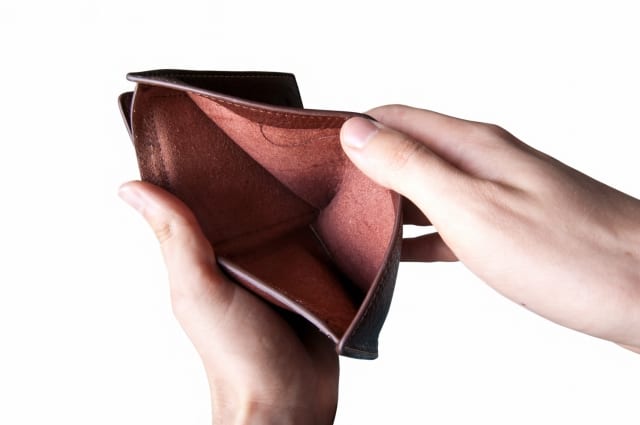Struggling with credit card debt? You’re not alone. In this comprehensive guide, I’ll share insider tips and legal know-how to help you navigate the complexities of debt, creditors, and collection agencies in Canada. You’ll discover practical strategies and legal protections to manage and overcome your debt effectively. Let’s embark on this journey to financial freedom together.
Understanding Credit Card Debt: The Canadian Context
The Rising Tide of Debt
In Canada, the wave of credit card debt is more than just numbers; it’s about the real impact on everyday lives. Families and businesses are grappling with this growing burden, often finding themselves trapped in a cycle of high interest and minimum payments. Economic factors, like fluctuating employment rates and rising living costs, only add to this challenge, making it crucial to understand the roots of this issue to navigate it effectively.
The Legal Landscape of Debt Collection in Canada
Your Rights Under the Law
As someone burdened by debt, it’s essential to know your rights. Provincial law, including the Collection and Debt Settlement Services Act (Ontario), offers specific protections. For instance, you have the right to fair treatment from collection agencies. Understanding these laws empowers you to stand your ground and make informed decisions.
Key Legal Provisions
- Collection Agencies: They must adhere to strict guidelines when contacting you.
- Debt Settlement Services: Know which services they provide, and which they do not, in order to know what you should expect from them.
Wage Garnishment in Canada: What You Need to Know
Understanding the Process
Wage garnishment, where creditors take a portion of your salary, can be a distressing experience. It’s a legal process that requires court involvement, and there are limits to how much can be garnished. Knowing these details can help you prepare and respond appropriately.
Your Legal Safeguards
There are caps on garnishment amounts, and certain income types are exempt. If faced with wage garnishment, it’s not the end of the line. There are steps you can take to negotiate or challenge the process.
Dealing with Creditors and Collection Agencies
Negotiating Your Path
Dealing with creditors can be daunting. Yet, negotiation is often the key to finding a workable solution. Approach these discussions informed and prepared, and remember, you have rights in these interactions.
Avoiding Common Pitfalls
Be wary of agencies that promise quick fixes. Know the common traps and stay informed to protect your interests.
Debt Relief Solutions
Finding the Right Fit
Debt relief isn’t one-size-fits-all. From consolidation to management plans, the right solution depends on your unique situation. Licensed Insolvency Trustees play a crucial role in guiding you towards the most effective solution.
Financial Literacy and Responsible Credit Management
Building a Strong Foundation
Effective debt management starts with financial literacy. Understanding budgeting, expense tracking, and prudent credit use are foundational skills for escaping the debt cycle.
Empowering Yourself
Take advantage of available resources to enhance your financial knowledge. This empowerment is your first step towards regaining control of your finances.
When to Seek Professional Help
Recognizing the Signs
If your debt feels unmanageable, it might be time to seek professional help. Look for signs like using credit for necessities or inability to reduce debt despite efforts.
The Role of Professionals
Licensed Insolvency Trustees can provide tailored advice and legal options. They are your ally in this journey, offering expertise and support. Don’t hesitate to reach out and get the help you need during these challenging times. Our client’s most common downfall is wishing they took action sooner.
Conclusion
In this guide, we’ve explored the multifaceted issue of credit card debt in Canada, delving into legal rights, debt management strategies, and the role of financial literacy. It’s a journey that requires patience, knowledge, and sometimes professional guidance, but with the right tools and understanding, overcoming credit card debt is within your reach.
Call to Action
Ready to take control of your credit card debt? Start by reviewing your financial situation and exploring the options outlined in this guide. For personalized advice and support, don’t hesitate to contact us. Together, we can find a path towards financial stability and peace of mind.



